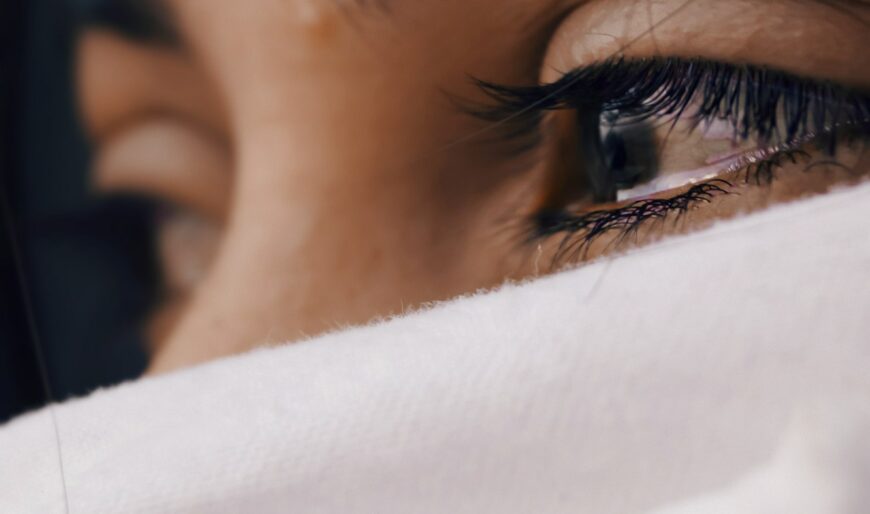BME workers worst hit by Covid job loss, research shows
BME workers are losing their jobs at a faster rate than their white counterparts, the TUC has warned.

Around one in 12 BME workers are now unemployed, compared with one in 22 white workers, after Covid-related job losses hit ethnic minority communities harder than other groups.
This is according to TUC analysis of official data, which found that BME employment fell by 5.3% over the last year compared with 0.2% among white workers, with fears this inequality may worsen further over time.
“In every industry where jobs have gone, BME people have been more likely to be made unemployed,” General Secretary of the TUC, Frances O’Grady, said.
“And when BME workers have held on to their jobs, we know that they are more likely to be working in low-paid, insecure jobs that put them at greater risk from the virus.”
Some of the worst hit sectors were arts and entertainment – where the number of female black workers plummeted by 44%, and the accommodation and food sector, where the number of BME workers dropped by 23% compared with 13% of white workers.
Leader of the TUC’s new antiracism taskforce, and General Secretary of education union NASUWT, Patrick Roach described the findings as “disturbing”.
“During previous economic downturns, BME workers have been ‘first out and last in’,” he said. “The government needs to address the causes and effects of structural racism and set out a national recovery plan that works for everyone.”
The TUC called for the government to respond by introducing ethnicity pay-gap reporting, abolishing zero-hour contracts and publish the equality impact assessments it made on emergency Covid-19 measures.






